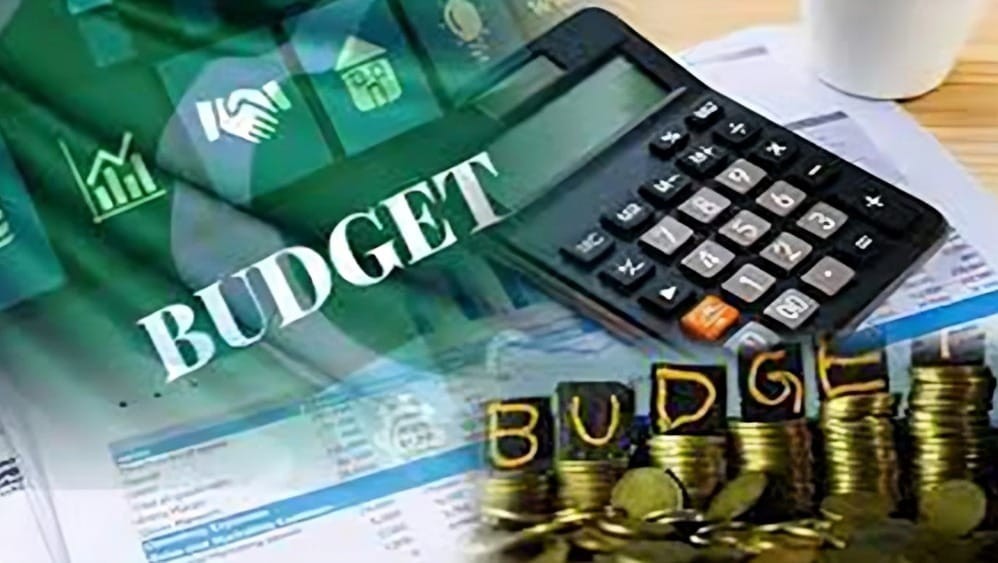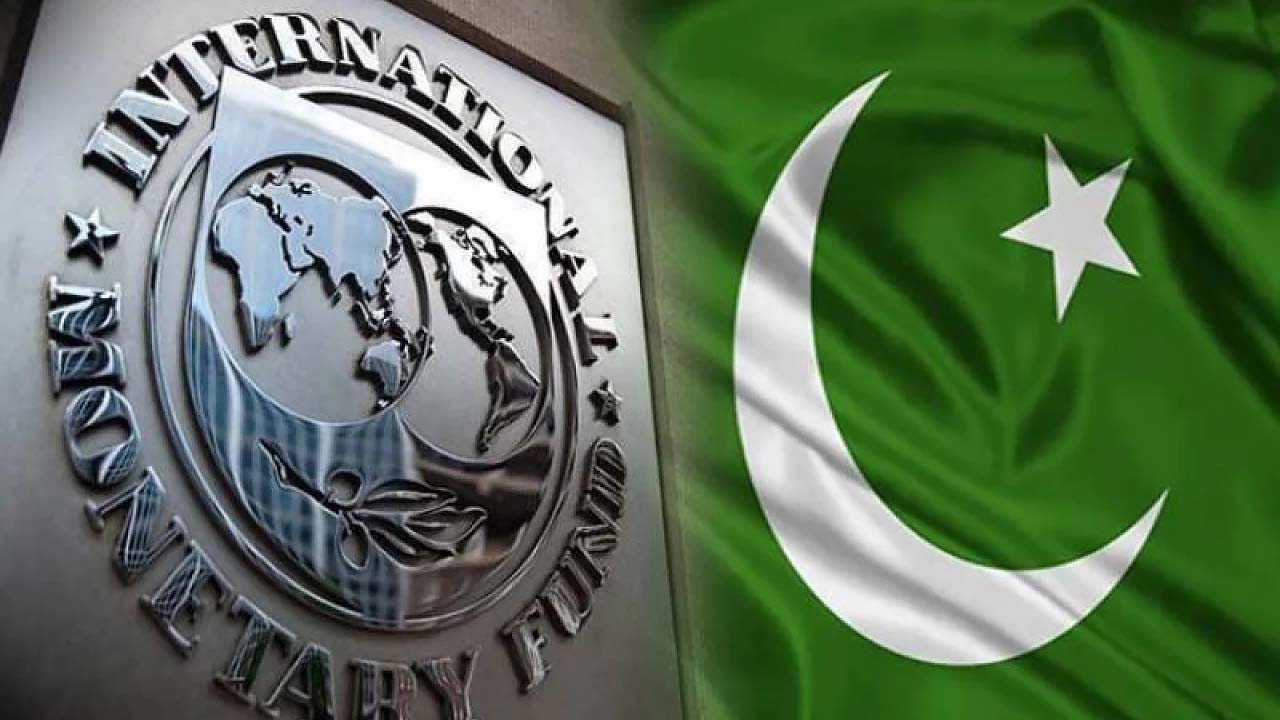In an unprecedented move, the Khyber Pakhtunkhwa (KP) government has announced that it will present the budget for the fiscal year 2024-25 on May 24, ahead of the federal government. This marks a significant shift in the usual budgetary schedule and showcases the province’s initiative in taking a lead role in financial planning. KP Finance Minister Aftab Alam will present the budget at a session of the provincial assembly, which has been summoned for 3 pm on that day.
Minister Alam emphasized the importance of constructive dialogue from the opposition, urging them to engage positively rather than focusing on criticism. He acknowledged that the working relationship between the federal and KP governments is less than ideal, which has added layers of complexity to the budget planning process.
One of the major talking points around the upcoming budget revolves around the federal government’s anticipated financial policies. Recent reports suggest that the Pakistan government, influenced by demands from the International Monetary Fund (IMF), is likely to eliminate several tax exemptions in the FY2024-25 budget. These changes are part of broader economic reforms aimed at stabilizing the country’s fiscal health.
Key Changes in Tax Exemptions:
According to budget proposals for FY2024-25, the government plans to phase out exemptions on sales and income taxes. This move is expected to increase the tax base and improve revenue collection, but it may also have significant implications for various sectors and the general populace.
One notable change under consideration is the imposition of sales tax on tractors and pesticides. Currently, these agricultural essentials are exempt from sales tax under the Sixth Schedule of the Sales Tax Act. The proposed policy change could lead to price hikes for these products, potentially affecting farmers and the agricultural industry at large.
The introduction of a sales tax on tractors and pesticides has raised concerns among stakeholders in the agricultural sector. Tractors are a critical component for modern farming, and any increase in their cost could burden farmers, especially small-scale and subsistence farmers who are already struggling with rising input costs. Similarly, pesticides play a vital role in protecting crops from pests and diseases, and their increased cost could impact crop yields and food prices.
The potential price hikes have sparked debates about the balance between increasing government revenue and supporting the agricultural sector. Critics argue that while tax reforms are necessary, they should be implemented in a manner that does not unduly burden essential industries, particularly agriculture, which is a backbone of Pakistan’s economy.
The announcement of the KP budget ahead of the federal budget has political undertones, reflecting the ongoing tensions between the provincial and federal governments. Opposition parties in KP have been vocal about their concerns regarding the upcoming budget. However, Finance Minister Alam has called for a more constructive approach, highlighting the need for positive discourse and collaboration in addressing the province’s financial challenges.
The move to present the budget earlier also positions KP as a proactive player in the national economic landscape. It demonstrates the province’s commitment to fiscal responsibility and its readiness to navigate complex economic conditions independently.
The anticipated changes in tax policy are part of a broader set of economic reforms driven by the need to meet IMF requirements and stabilize Pakistan’s economy. These reforms include measures to increase revenue, reduce fiscal deficits, and promote economic growth. However, they also come with challenges, particularly in balancing the immediate needs of various sectors against long-term fiscal goals.
The decision to end tax exemptions on sales and income taxes reflects the government’s strategy to widen the tax net and improve compliance. By broadening the tax base, the government aims to generate additional revenue that can be used to fund essential public services and infrastructure projects.




